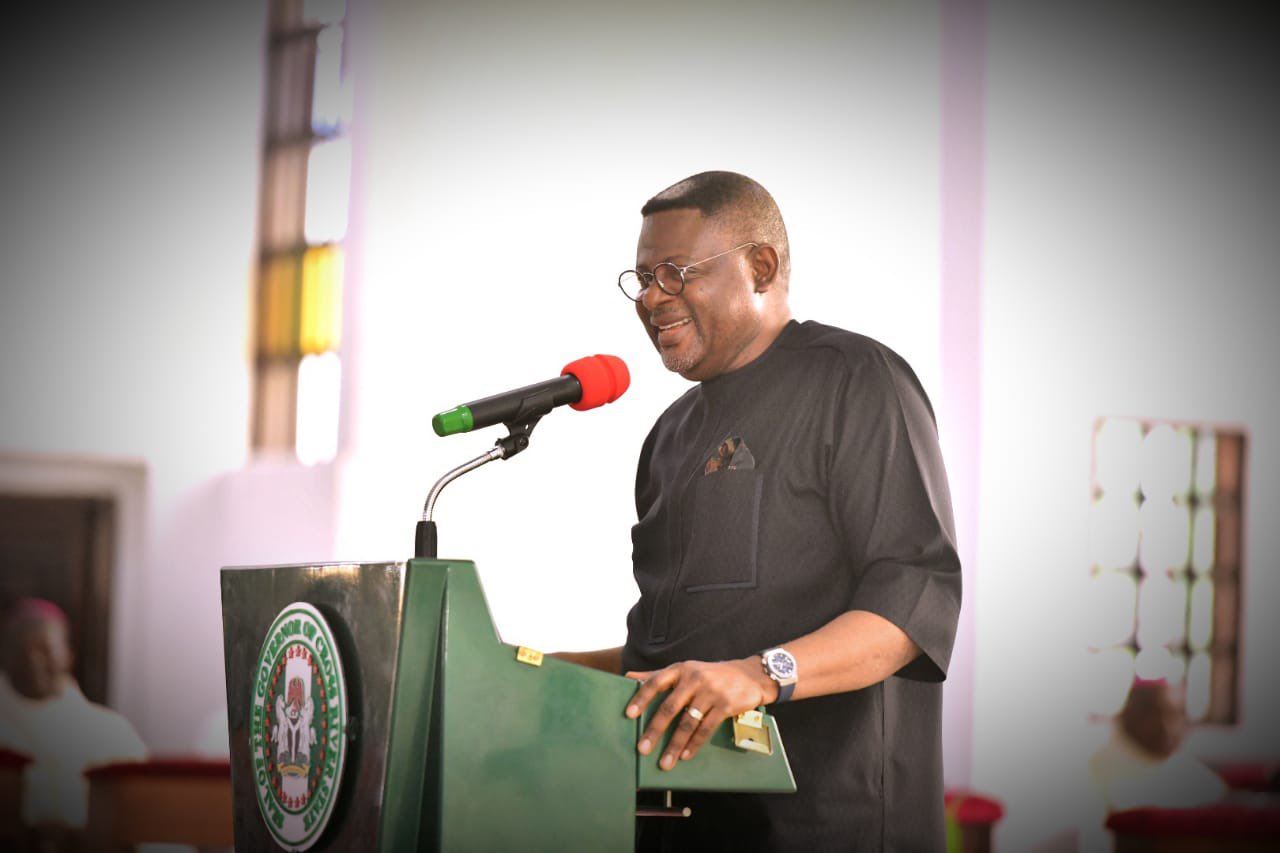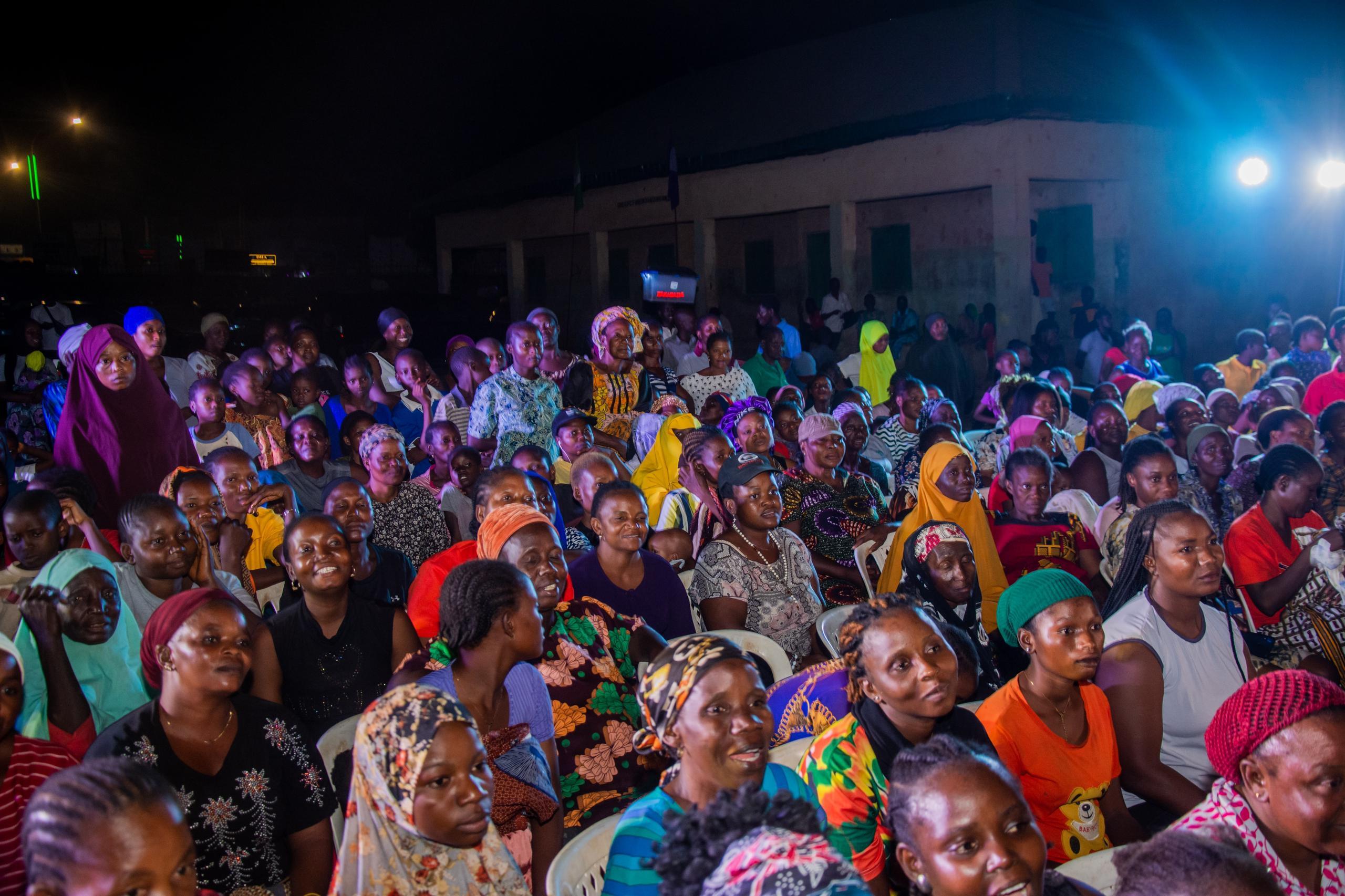 Stakeholders have called for the adoption of stricter security measures against insurgency and terrorism to achieve Nigeria’s national vision.
Stakeholders have called for the adoption of stricter security measures against insurgency and terrorism to achieve Nigeria’s national vision.
They expressed concerns over the nation’s security issues, ranging from social and financial insecurity to national, information, and energy insecurity.
The stakeholders spoke at the 115th Founder Day Anniversary of Kings College Lagos, known as Kingsweek 2024, with the theme “Achieving a Secure Nigeria by 2030.”
Leading the call, a former Head of the Artillery Corps of the Nigerian Army, Major General T.A. Gagariga (rtd), said that to achieve a secure Nigeria, national border security, improved border control methods, increased border patrol, surveillance and technology, drones, and biometrics must be introduced.
He noted that the one aspect that causes border insecurity is the ECOWAS protocol on free movements, which allows everything from human beings to animals to cross.
He added that security and law enforcement agencies must continue collaborating with the private sector and civil society.
“For more peace in progress, there should be information sharing because security is everybody’s business,” he said.
Gagariga further called for the review of some laws, such as the national cybersecurity strategy, counter-terrorism strategy, counter-insurgency strategy, and national contingency plan.
Speaking on food security, Kola Masha, Founder and Managing Director of Babban Gona, noted that Nigeria must have a focused strategy that enables farmers to access the minimum finance they need to be productive.
According to him, the number one limiting factor for farmers seeking high productivity is lack of access to finance.
Also, Mohammed Aliyu, the International Finance Corporation’s Country Officer for Nigeria, called for rescaling the civil service and strengthening institutions to help ensure a secure Nigeria by 2030.
He lamented Nigeria’s lack of data collection, saying, “We have no data. We are a very data-poor nation.”
For his part, the keynote speaker, Mansur Muhktar, insisted that for Nigeria to make headway, it must review some laws, have an economic development strategy, and have an enabling environment.
In his keynote address, “The Road to 2030: Achieving a Prosperous, Stable, and Secure Nigeria,” the former minister of finance and coordinating minister of the economy said the critical importance of securing growth must be underscored.
According to him, security is the bedrock for enhancing incomes, generating employment, creating economic opportunities, and, ultimately, reducing poverty.
He also said that addressing the country’s economic fundamentals, strengthening human capital, and ensuring effective resource utilisation will guarantee growth.
He said, “Growth is the cornerstone upon which the edifice of a prosperous Nigeria shall be constructed. We must ardently pursue the promotion of economic diversification. Our over-reliance on oil and gas, which account for a significant percentage of our oil exports and consolidated government revenues, leaves us vulnerable to the vicissitudes of global oil prices.
“Diversifying our economy is not just essential but urgent. By broadening our economic base, we can create more inclusive and widespread growth, embracing all regions and social strata, and unlocking greater employment opportunities across various sectors.”
Fostering inclusion and sustainability is of paramount importance. He said this involves creating an equitable and environmentally sustainable growth model.
He added: “It is essential that we focus on job creation, address geospatial inequalities, and tackle the pressing issues of climate change and environmental degradation. By doing so, we can ensure that our development is durable and benefits every Nigerian, creating a legacy of sustainability for future generations.
“Indeed, achieving security, law, and order is not just an aspiration but a fundamental necessity. It is the foundation upon which we can build a robust economy, create jobs, and reduce poverty. It is also a fundamental obligation of the state and a cornerstone of the social contract.”





